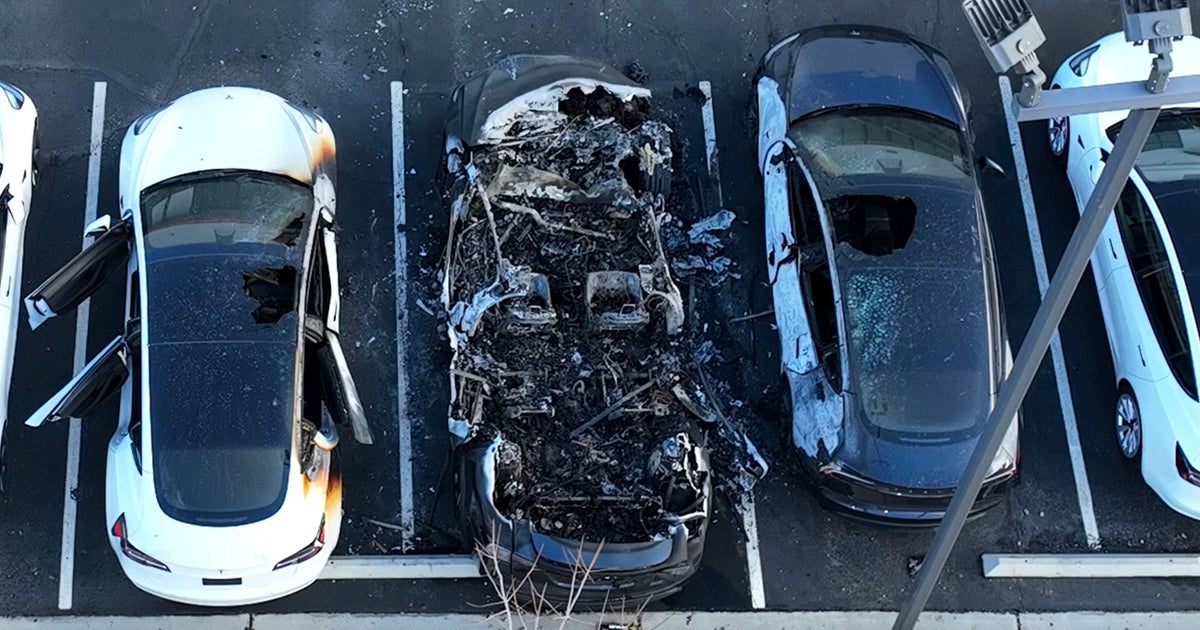As the Trump administration makes major cuts to federal health agencies, including the National Institutes of Health, cancer patients and doctors are worried about stalls in research and medicine that could affect treatments.
The NIH is the world’s leading medical research agency and largest funder of cancer research, providing about $8 billion in cancer science funding annually.
About 1,200 jobs are expected to be cut at NIH as part of the layoffs at the Health and Human Services Department, and the administration also has canceled hundreds of NIH grants to scientists around the country. Across HHS, nearly a quarter of staff, or 20,000 people, is expected to be laid off or take early retirement or voluntary separation offers.
“HHS deals with Americans from birth to death. There is absolutely no way you can lose 25% of the workforce without directly affecting Americans across this country,” former HHS Secretary Kathleen Sebelius recently told CBS News, adding this includes “research and science at NIH, which is the gold standard of the world.”
Anjee Davis, the CEO of Fight Colorectal Cancer, a patient advocacy group, told CBS News her reaction to the cuts was fear.
“We’re scared that these blanket mandates could erase decades of progress fighting cancer,” she said. “This isn’t about politics. It’s about protecting the progress we’ve fought so hard to achieve in cancer care and research over the past two decades.”
NIH is “how we end up with new drugs and other advancements in medicine,” Dr. Céline Gounder, CBS News medical contributor and editor-at-large for public health at KFF Health News, recently told “CBS Mornings.”
While the exact impacts of the cuts remain to be seen, she said, it does raise immediate and long-term concerns, including a slowing of biomedical research and potential delays in drug approvals.
Following the Trump administration’s executive orders to make cuts to the U.S.’s health research infrastructure, Fight Colorectal Cancer surveyed patients being actively treated for colorectal cancer.
Davis said 75% of respondents said they were worried the moves would delay their care and slow new research; 17% said they were unsure what would happen, but felt anxious about losing access to future treatment; and 9% said they felt progress on cancer research and treatment would continue despite these changes.
Delayed and even lost care is already happening for some, Davis said.
“We have a member who is being treated for stage IV colorectal cancer. She had just qualified to enter a clinical trial that was going to be her last chance effort to slow the spread of her cancer. … Her trial was about to start when NIH funding was pulled overnight, and the trial was canceled,” she said. “That’s just one example. There are countless others.”
Despite cancer deaths steadily declining in the U.S. since the early 1990s, the disease is still the second leading cause of death in the country, highlighting the importance of continued research.
“Discoveries are going to be delayed, if they ever happen,” Dr. Kimryn Rathmell, former director of the National Cancer Institute, told The Associated Press.
Gounder added we may also lose our top talent to other countries.
“We’ve already seen China and European countries trying to recruit our scientists, because scientists here are concerned about their job opportunities. I just heard of a few from Yale who just left for Toronto,” Gounder said, adding students may also shy away from the field. “You have students who are worried about going into research, because they don’t know that there will be jobs.”
Even with a lot still in the air, Gounder called the cuts “very concerning, both in terms of the immediate impacts on health care, public health, and the longer term impacts on whether we will maintain our leadership in the health space.”




